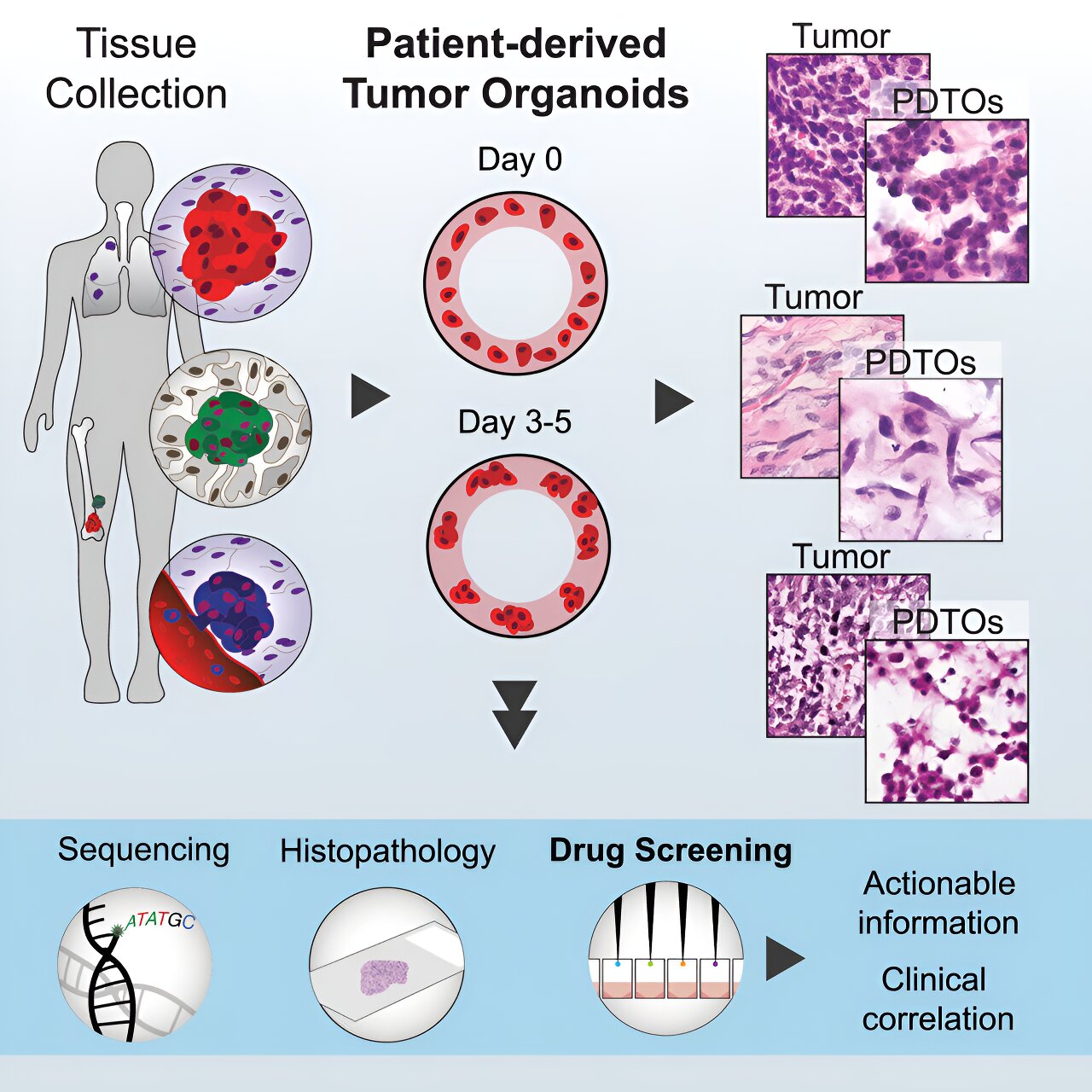Errors in the way chromosomes are packed into antibody-producing B cells appear to play a role in the development of B cell-related blood cancers, according to a new study by researchers at Columbia University Vagelos College of Physicians and Surgeons.
The findings could lead to new biomarkers for predicting the onset of these cancers and to a new class of cancer therapies that prevent or correct harmful changes in genome architecture.
The study was published online Feb. 1 in the journal Nature Genetics.
Antibodies are made by immune cells called B cells through a series of carefully controlled chromosome rearrangements and “good” mutations that allow the cell to make a wide array of different antibodies. “Although these changes are essential for generating the vast diversity of antibodies, there is a risk that ‘bad’ mutations will occur and lead to B cell-derived cancers,” says study leader Uttiya Basu, PhD, professor of microbiology & immunology at Columbia University Vagelos College of Physicians and Surgeons.
Basu’s new study shows that a protein called DIS3 is critical in maintaining genomic architecture and preventing uncontrolled chromosome rearrangements that have the potential to cause cancer.
These new studies with mice reveal that B cells become destabilized, have more detrimental chromosomal rearrangements, and are less capable of generating specific antibodies when DIS3 is missing.
DIS3 stabilizes chromosomes by preventing the buildup of noncoding RNAs (RNAs that do not code for proteins), the study also reveals.
“The massive accumulation of these RNAs perturbs the way the genome is packed in the nucleus and leaves the genome vulnerable to DNA translocations,” Basu says.
Because DIS3 mutations are common in people with multiple myeloma — a type of blood cancer that stems from B cells — the study may explain why these mutations contribute to the disease.
“It’s possible that multiple myeloma treatment could require therapeutic interventions that prevent RNA accumulation and its effect on genome architecture,” says Basu.
Future studies will focus on how genome architectural changes could be used to predict the onset of various B cell malignancies, which sometimes start out as relatively benign conditions.
The study also brings to light the role of genomic architecture maintenance for the prevention of cancer and the role of noncoding RNA in the normal production of antibodies.

